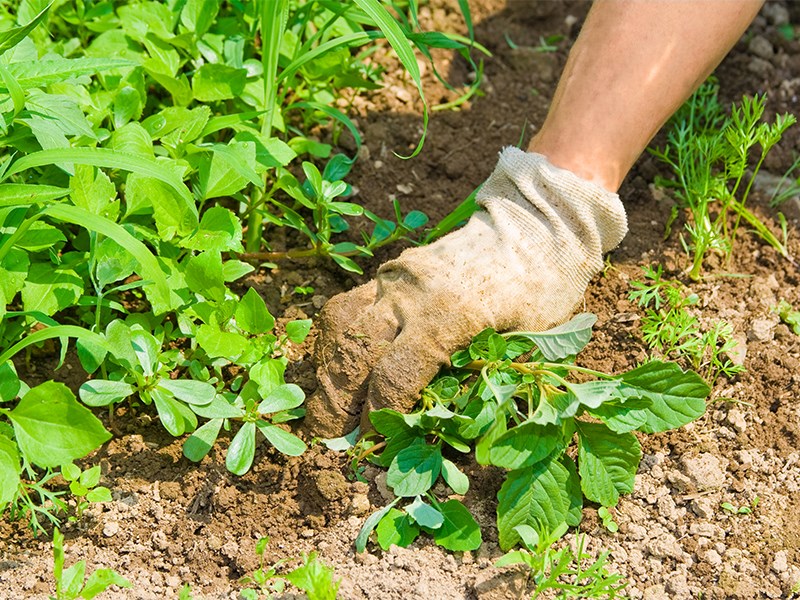Spring has announced itself in the songs of birds and thriving patches of kale in gardens. You may also have noticed the return of weeds in your backyard and neighbourhood, but are all weeds alike?
If weeds are broadly defined as wild plants growing somewhere unwanted, then dandelions and Japanese knotweed could both qualify. Most gardeners, though, would mark a clear line in the soil between these two.
Japanese knotweed falls into the more insidious category of invasive species, along with Scotch broom and Himalayan blackberry. This international mix of names reflects the cross-border origin of these plants that have been transplanted into a setting they take over.
If you spot some of the non-invasive weeds in your garden, you can see them as a free resource. Compost teas can be made from a combination of comfrey, dandelion and other local weeds added to water and stirred occasionally to oxygenate.
Once sprayed directly on plants, a compost tea can act as a fungicide, pesticide, or herbicide, so it may be time to reacquaint yourself with the common weed and start seeing them as your garden ally.
Invasive species are another story altogether, as they are hardier and tougher to control. To kill weed seeds, temperatures above 140 degrees Fahrenheit need to be reached, and while a healthy backyard composter should hover between 130 and 150 degrees Fahrenheit, many do not. Composting facilities do reach these temperatures, though none will encourage shipping your invasive species to their location.
There are many tips online about how to deal with persistent weeds. Luckily, there is also an opportunity locally from 9 am-4 pm on Saturday, May 27. Residents can drop off invasive plant material for free at the old incinerator site on Marine Avenue (yellow gate across from Willingdon Beach). Collected weeds will be burned onsite. Be careful to transport them responsibly, so seeds are not disperse along the highway.
Let’s Talk Trash is Powell River Regional District’s waste-management education program.



